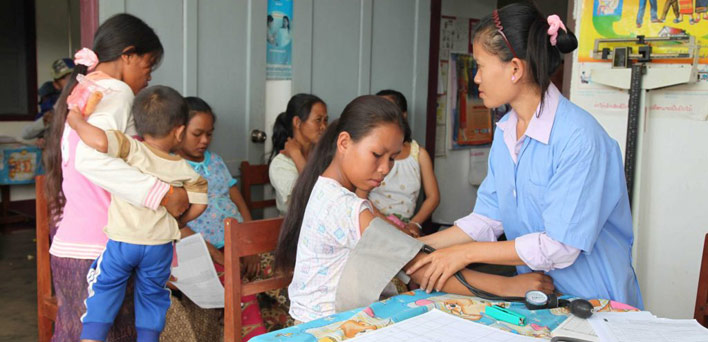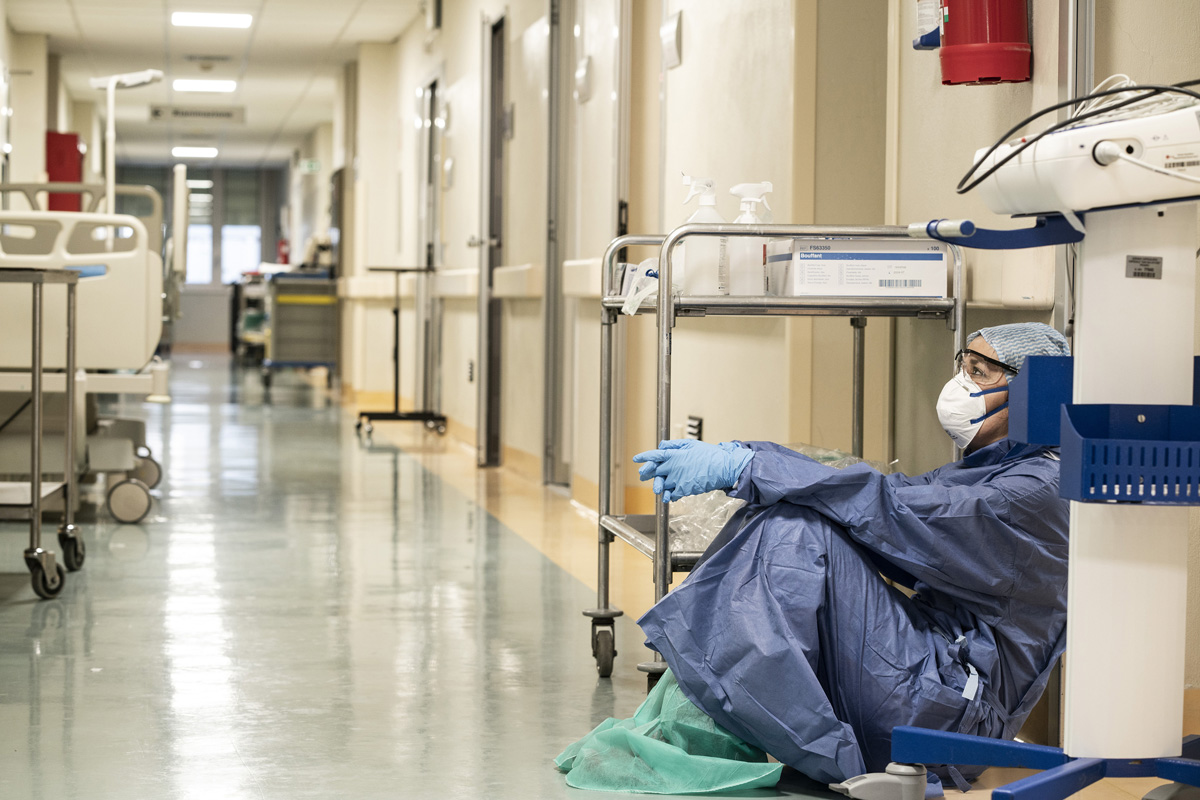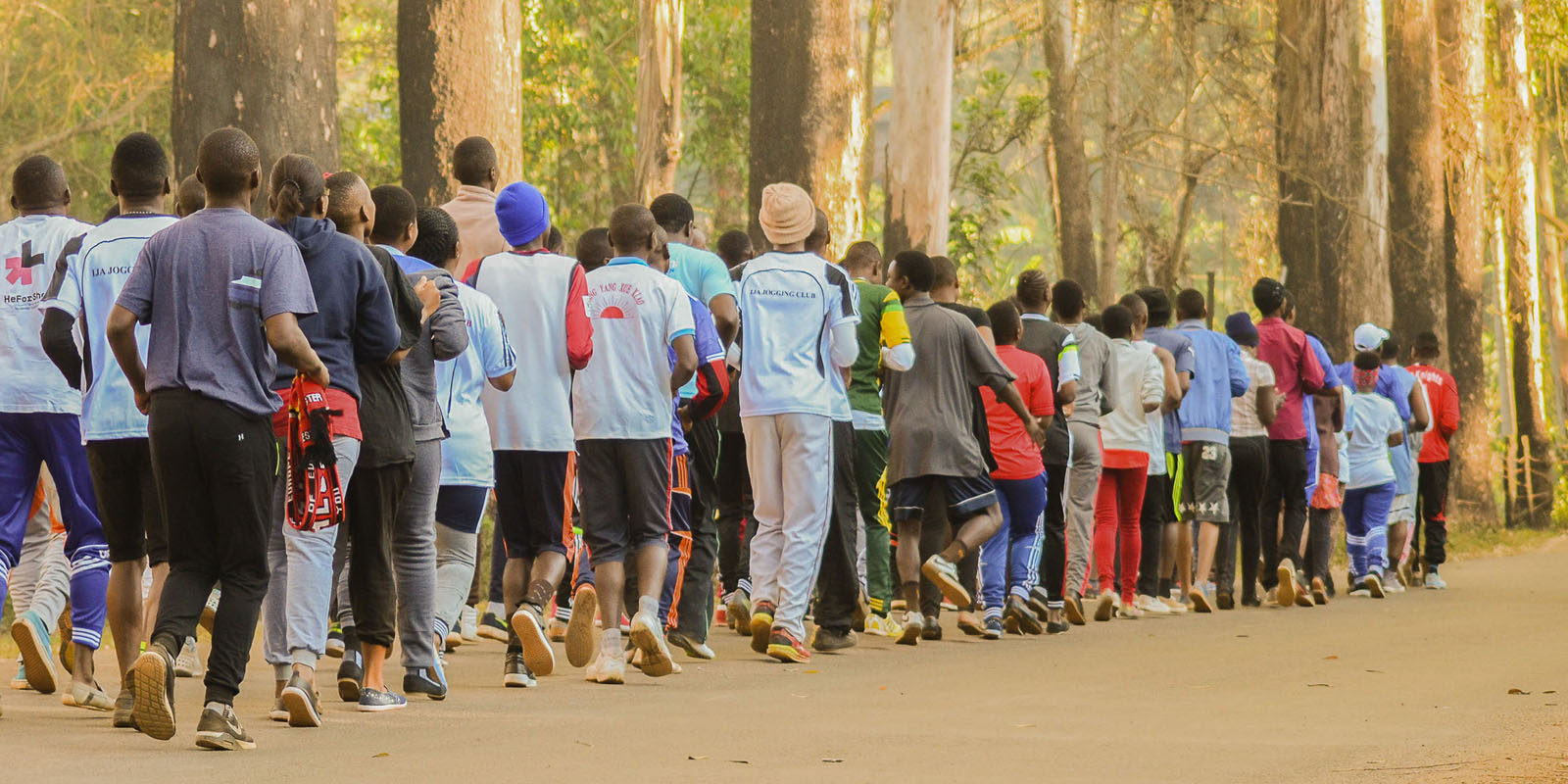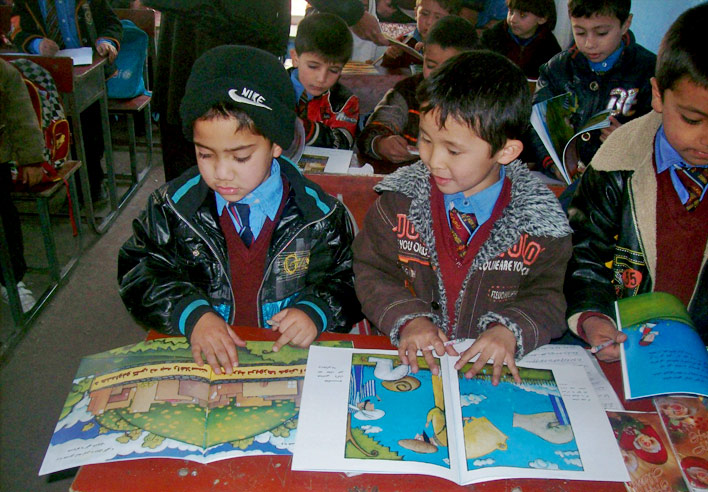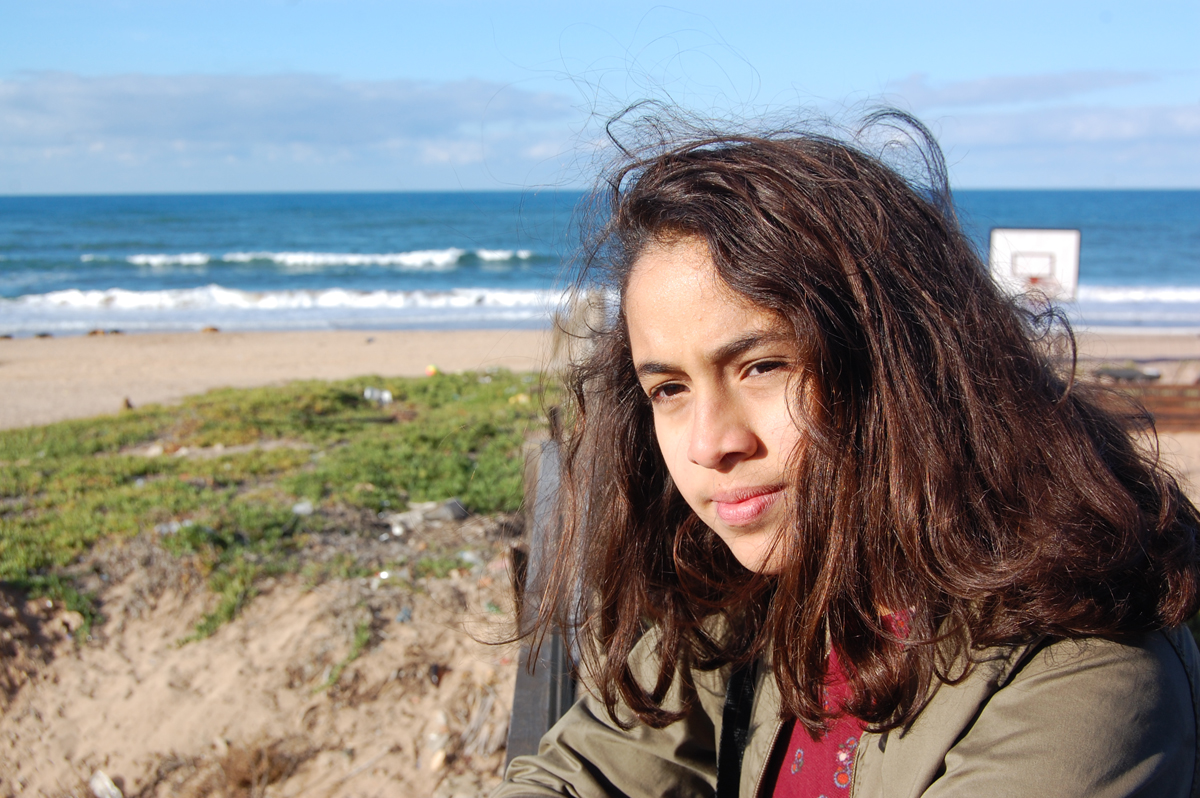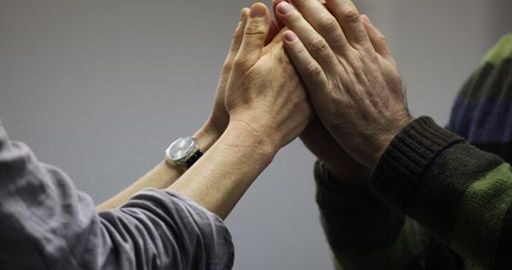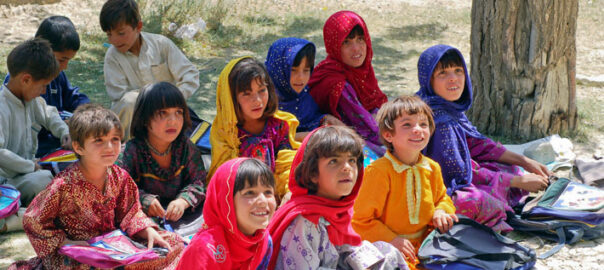
Health and Education in the Modern World
Our challenge is to ensure for people everywhere, of all ages, healthy lives and a quality education that promotes lifelong learning.
The World Health Organization defines health as a state of complete physical, mental, and social well-being and not merely the absence of disease or infirmity. As such, global health is influenced by many factors and has taken on an increased sense of urgency in the face of our shrinking planet and the impacts of global warming.
Public health, with its goals of preventing disease, promoting health and prolonging life, comprises a complex system affecting almost every facet of life, both in health and disease. Because its activities are population-based, most of its work remains in the background, out of sight and many times out of mind—until a public health crisis occurs. COVID-19 was a perfect storm.
Throughout human history, improved health and life expectancy have resulted more from safer environments (sanitation and clean water), better nutrition, and our inherent healing capacities than from advances in medical care when we get sick. How can we tap into this understanding to ensure a better future for us all?
Education’s primary goal is to prepare young people for success in adult life. Our mid-21st century world has seen changes that no one would have envisaged even twenty years ago and education must respond to provide what students need.
During adolescence, bodily changes are apparent; equally significant but less obvious are transformations in the brain. Cognitive abilities expand, risk and reward centers become increasingly important, and self-regulation may be challenging. Peers wield considerable influence, though teachers, parents and other adults are important too. Empowering experiences, positive social connections, real-world challenges, and stimulating education can help adolescents transition into a healthy adulthood.
Travel the Journey
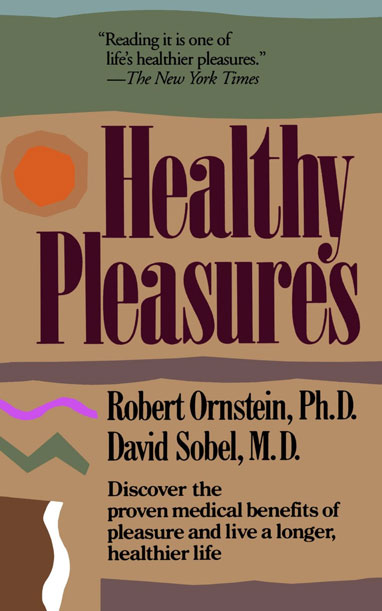
Healthy Pleasures
Robert Ornstein and David Sobel
Imagine a medical treatment that can help lower your blood pressure, decrease your risk for heart disease and cancer, boost your immune function and block pain. It’s safe, inexpensive and readily available. The main side effects include feeling good, an increased sense of well-being and greater self-confidence. Would you take it?
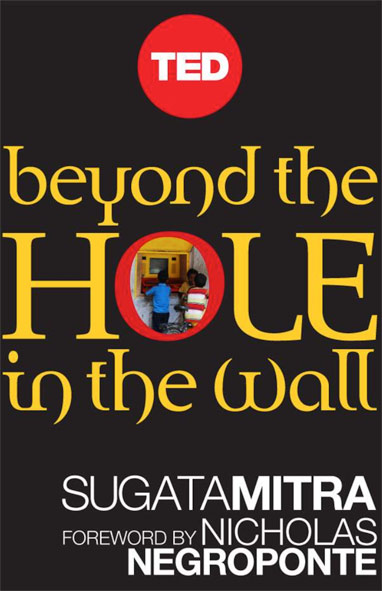
Beyond the Hole in the Wall
Discover the Power of Self-Organized Learning
Sugata Mitra
Sugata Mitra’s now famous experiments have shone light on the immense capacities that children have for learning in self-composed and self-regulated groups.
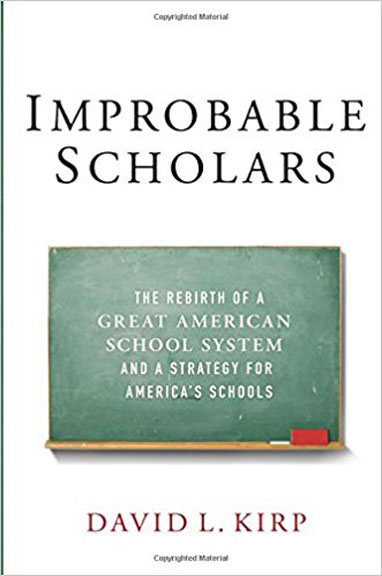
Improbable Scholars
The Rebirth of a Great American School System and a Strategy for America’s Schools
David L. Kirp
How do we determine if our schools are preparing students for a meaningful future in our society and improve the schools that are not living up to those standards? Explores the current crisis in American education and four districts that have made positive changes.
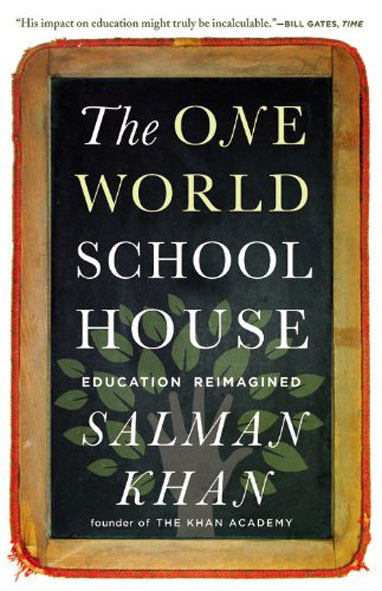
One World Schoolhouse
Education Reimagined
Salman Kahn
There may be a young girl in an African village with the potential to find a cancer cure. A fisherman’s son in New Guinea might have incredible insight into the health of the oceans. By combining the enlightened use of technology with the best teaching practices, we can foster students who are capable of self-directed learning, deep understanding of fundamentals, and creative approaches to real-world problems.
Further Reading
External Stories and Videos
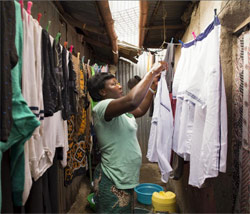
Time to Care
Oxfam Report to the 2020 World Economic Forum
The heavy and unequal responsibility of care work perpetuates gender and economic inequalities. This has to change.
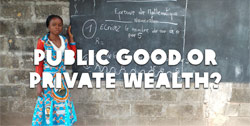
Public Good or Private Wealth
Oxfam Report to the 2019 World Economic Forum
“The gap between rich and poor is pulling us apart. It stops us from beating poverty and achieving equality between women and men. Yet most of our political leaders are failing to reduce this dangerous divide. It does not have to be this way. Inequality is not inevitable – it is a political choice. Concrete steps can be taken to reduce it.”
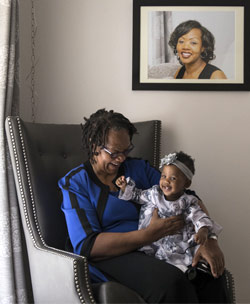
Lost Mothers: Maternal Mortality in the U.S.
NPR and Propublica Special Series
The U.S. has the highest rate of maternal mortality in the industrialized world, with the rate of life-threatening complications for new mothers more than doubled in two decades What is behind this alarming trend?
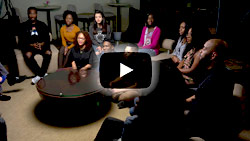
Watch: Why Bill and Melinda Gates put 20,000 Students Through College
Scott Pelley, CBS 60 Minutes
The surest way to narrow the wealth gap is to earn a college degree. Now major universities like Princeton are working to lower the price of admission through a new kind of affirmative action, not based on race, but on low-income status.
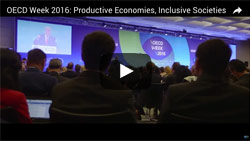
Organization for Economic Cooperation and Development (OECD)
The OCED is a major source in our Human Journey assessment of key challenges we face on the road to the future. Founded in 1961 and headquartered in Paris, France, the OCED provides a forum for 35 member countries to share experiences, seek solutions to common problems, and promote policies to improve the economic and social well-being of people around the world.
OECD Watch “aims to ensure that business activity contributes to sustainable development and poverty eradication and that corporations are held accountable for their impacts around the globe.”

